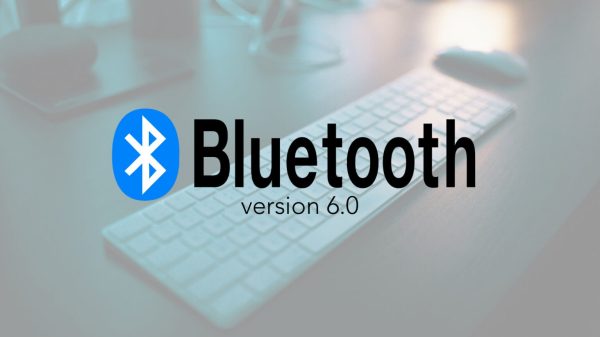Udio and Suno may sound like new restaurants, but they are actually AI startups that let users create realistic songs from simple prompts, including full instrumentation and vocals. On Monday, major record labels sued these companies for copyright infringement, claiming they used a lot of copyrighted music without permission to train their AI models.
This lawsuit is part of a growing number of legal issues in the AI industry, where companies often use data from the internet without authorization, similar to how ChatGPT was initially trained using millions of documents from Reddit.
The Recording Industry Association of America (RIAA) is leading these lawsuits, focusing on music instead of written text. They bring up an important question: can AI companies legally use any online data to create profitable products under the concept of fair use?
This issue affects many industries, and Paul Fakler, a lawyer specializing in intellectual property, says it needs to be resolved quickly. The decisions in these cases could change how AI companies operate and how much they can use existing copyrighted content.
Udio and Suno, although relatively new, have made significant impacts. Suno, launched by a Cambridge team in December, quickly partnered with Microsoft, integrating with its AI chatbot, Copilot. Udio, which started this year, has attracted substantial investment from major tech and music industry figures.

AI Startups Udio and Suno Sued by Record Labels Over Copyright Infringement
One notable use of Udio’s platform was by comedian King Willonius, who created a viral Drake diss track remixed by Metro Boomin. These achievements have placed them squarely in the sights of the RIAA’s legal actions.
The RIAA’s lawsuits are framed as a defense of the traditional incentive structures for human creativity, though they ultimately boil down to financial interests. The association argues that generative AI threatens the record labels’ business model by enabling the creation of AI-soundalikes at little cost, undermining the established sample licensing industry.
The RIAA seeks damages of $150,000 per infringing work, which could amount to a staggering total given the extensive data typically used to train AI systems.
The RIAA’s lawsuits include examples where AI-generated music closely resembles existing copyrighted works, such as a track starting with “Jason Derulo” sung in a signature style or one inspired by Green Day’s “American Idiot.”
However, the core of the lawsuits is not about specific tracks but the use of copyrighted music for training the AI models. Both Udio and Suno have been vague about their training data sources, which is a common practice in the AI industry. The RIAA points to public statements from Udio and Suno executives about using publicly available and proprietary data.
The central legal question is whether using copyrighted works to train AI models constitutes fair use. Fair use allows for the use of copyrighted material in new or transformative works. The RIAA argues against this, stating that Udio and Suno’s outputs aim to replace real recordings, are commercially driven, and pose a direct threat to the labels’ business.
However, Fakler believes the startups have a strong fair use case if the copyrighted works were only temporarily copied and then abstracted into the AI model’s learning process, similar to how musicians learn by playing music. The resolution of these lawsuits will be a prolonged process, and the details uncovered during discovery could significantly impact the outcome and the future of AI’s use of copyrighted material.









































